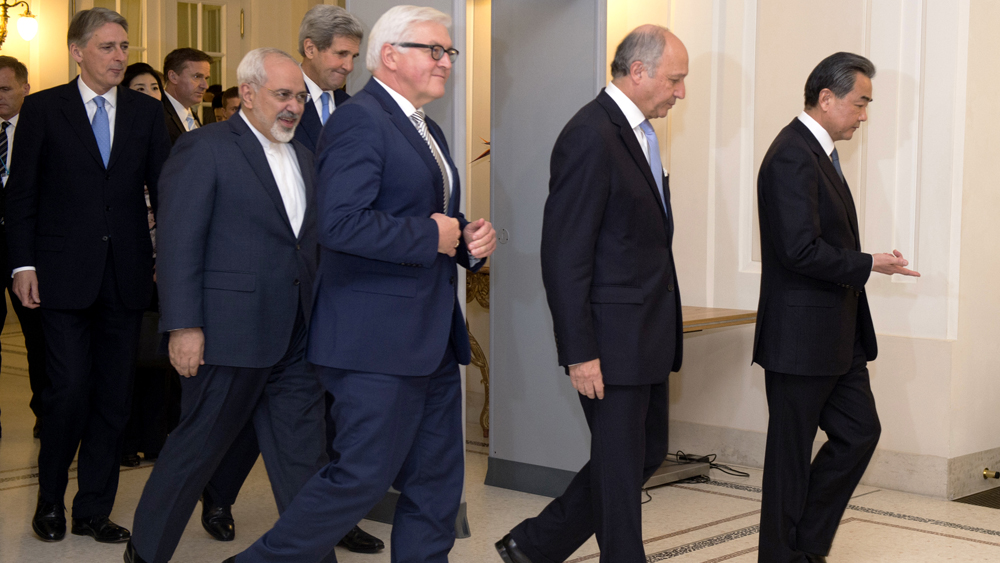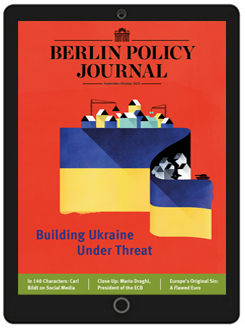Berlin has been vilified for its handling of Greece, but 2015 has actually been a banner year for German diplomacy: de-escalating the crisis in Ukraine, finding agreement over Iran’s nuclear program, and avoiding a Grexit.
What a way it was to start a summer: on Monday, July 13, exhausted EU negotiators announced that a third aid package had been agreed on for Greece. Only one day later in Vienna a breakthrough was announced in the years-long talks over the Iranian atomic program. If one adds in February’s Minsk Agreement outlining the implementation of a peace plan for eastern Ukraine, three international crises have been successfully de-escalated with the year barely half over – and in each case, Germany played a key role, supported by France.In fact, the common thread linking Germany’s recent diplomatic successes lies in one of the fundamental guidelines of German diplomacy: a firm adherence to principles, matched with a willingness to talk – and to accept a price to achieve success.
Lesson 1: Minsk
The conflict in Ukraine offers a perfect example of the role Germany can play in the EU neighborhood. US President Barack Obama, unwilling to consider American military intervention and unable to play the role of honest broker in the region himself, left the field to the Europeans, above all German Chancellor Angela Merkel. The chancellor had a double mission: she had to convince the Ukrainian government as well as the US, Eastern Europeans, and NATO partners concerned by Russian aggression that military escalation would achieve nothing, as the Russian army would always prevail; and she had to make it clear to Russia that such a breech of international taboos would carry consequences.
Over the months preceding the Minsk meeting in February 2015 her government attempted to maintain this balance. Merkel undertook delicate talks with Russian President Vladimir Putin in Milan and Brisbane, and, along with French President François Hollande, redoubled her commitment to a diplomatic solution when it threatened to escalate to open warfare in January. During the marathon negotiations on February 12 in Minsk, it was Merkel who played the lead. She stressed that military escalation must be avoided at all costs; echoing Christopher Clark’s book on the outbreak of the First World War, she said she was determined not to be a “sleepwalker”, watching helplessly as countries drifted towards war.
…
Read the complete article in the Berlin Policy Journal App – September/October 2015 issue.








